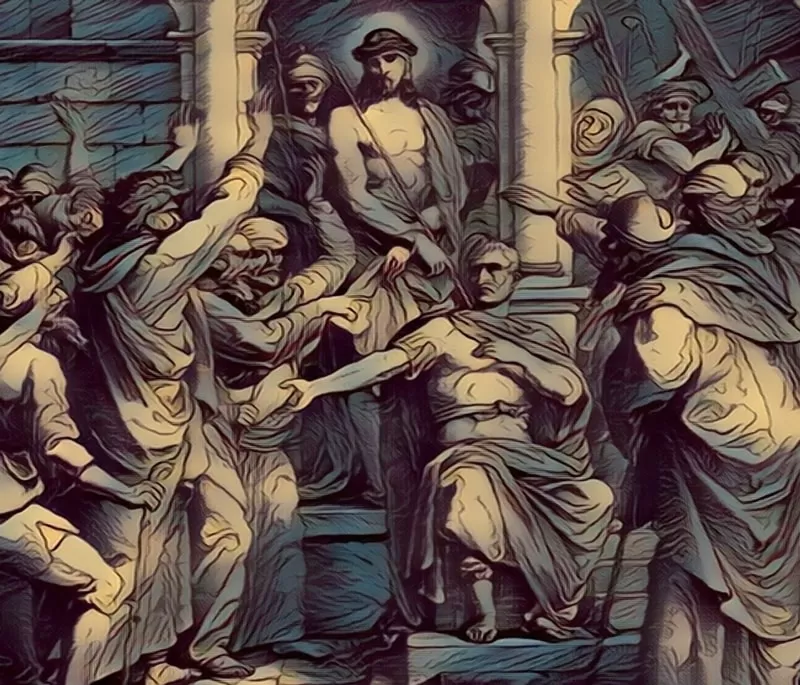That sinking faith feeling
Here I want to try and answer some questions sent to me by someone who grew up in the “reformed, fundamental, SBC” tradition but has spent the best part of the last year deconstructing his faith “down to nothing.” He has been reading the work of historically-minded interpreters like Pete Enns and NT Wright, but has been having a hard time finding a way forward. His faith is sinking. “I currently don’t see any reason to be a Christian or to continue in the Christian way.”
My initial response was that the faith questions are much harder to answer than the historical-exegetical questions, and—goodness knows!—the historical-exegetical questions are hard enough. But interpretation is a major part of the problem, and I think it is important to recognise that it has implications for faith, both positively and negatively.


Recent comments